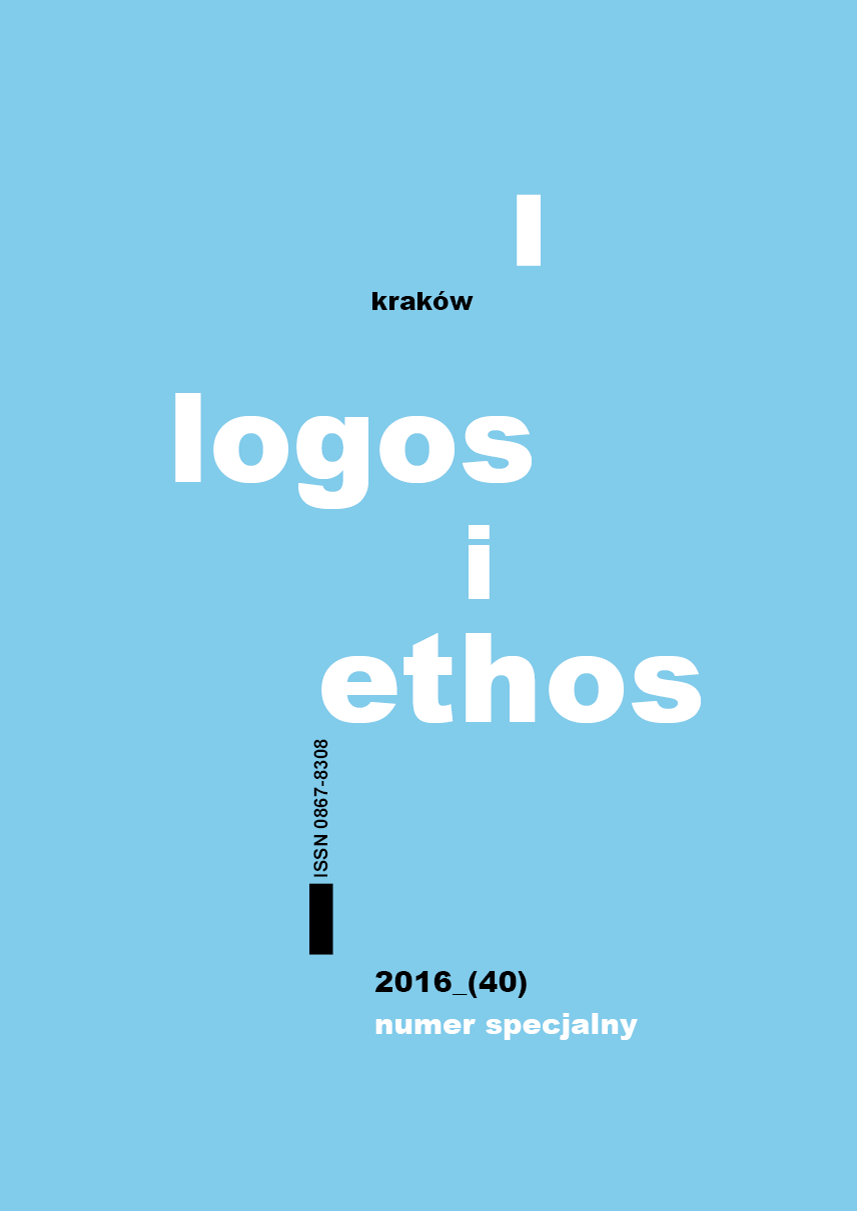Radość zbierania. Filozoficzne aspekty kolekcjonerstwa
DOI:
https://doi.org/10.15633/lie.1696Słowa kluczowe:
gromadzenie, materialność, historia rzeczyAbstrakt
Artykuł jest poświęcony filozoficznym aspektom zbierania i kolekcjonowania rzeczy. Wychodzę od jednej z gatunkowych definicji człowieka jako „zbieracza” – zbieranie określa istotę ludzką od jej półzwierzęcych początków. Następnie przechodzę do omówienia i analizy głównych relacji, jakie łączą człowieka z rzeczami (naturalnymi i artefaktami). W zakończeniu staram się pokazać, że obcowanie z rzeczami może – pod pewnymi warunkami – przynieść człowiekowi więcej radości aniżeli ich konsumowanie.Bibliografia
Böhme H., Fetyszyzm i kultura. Inna teoria nowoczesności, tłum. M. Falkowski, Warszawa 2012.
Cabanne P., Wielcy kolekcjonerzy, tłum. F. Buhl, Kraków 1978.
Clifford J., O kolekcjonowaniu sztuki i kultury, tłum. J. Iracka, [w:] J. Clifford, Kłopoty z kulturą. Dwudziestowieczna etnografia, literatura i sztuka, tłum. E. Dżurak i in., Warszawa 2000, s. 231–267.
Dauxois J., Cesarz alchemików Rudolf II Habsburg, tłum. R. Niziołek, Kraków1997.
Drüe E., Ekscentryczność jako otwarty wyraz duchowości, [w:] Duch i dusza, red. P. Dybel, Warszawa 2001, s. 100–111.
Górnicka‑Zdziech I., Przewodnik zacnego kolekcjonera według Franciszka Starowieyskiego, Warszawa 2008.
Listri M., Le Dimore del Genio, Milano 1996.
Nietzsche F., Niewczesne rozważania, tłum. L. Staff, posł. D. Misztal, Wrocław 2003.
Norman D. A., Wzornictwo i emocje, tłum. D. Skalska‑Stefańska, Warszawa 2015.
Pomian K., Jak uprawiać historię kultury, „Przegląd Historyczny” (1995), nr 1, s. 1–13.
Pomian K., Kolekcjonerstwo i filozofia. Narodziny nowożytnego muzeum, [w:] K. Pomian, Drogi kultury europejskiej. Trzy studia, Warszawa 1996, s. 109–171.
Pomian K., Zbieracze i osobliwości. Paryż–Wenecja XVI–XVIII wiek, tłum. A. Pieńkos, Gdańsk 2012.
Riegl A., Nowoczesny kult zabytków. Jego istota i powstanie, tłum. R. Kasperowicz, [w:] Alois Riegl, Georg Dehio i kult zabytków, tłum. i wstęp R. Kasperowicz, Warszawa 2002, s. 27–70.
Sommer M., Zbieranie. Próba filozoficznego ujęcia, tłum. J. Merecki, Warszawa 2003.
Symotiuk S., „Martwa natura” jako traktat filozoficzny, „Sztuka i Filozofia” (1992), nr 5, s. 155–169.
Swieżawski S., Zbieżności metafizyki realistycznej i historiografii, [w:] Szkice filozoficzne. Romanowi Ingardenowi w darze, Warszawa–Kraków 1964, s. 267–287.
Taylor Ch., Secular age, Harvard 2009.
Waźbiński Z., Muzeum i zbiory artystyczne epoki nowożytnej. Wiek XV i XVI, Toruń 2006.
Pobrania
Opublikowane
Numer
Dział
Licencja
Autorzy publikujący w czasopiśmie udzielają jego wydawcy zgody o następującej treści:
- Autor zachowuje autorskie prawa majątkowe do utworu, a jednocześnie udziela wydawcy czasopisma zgody na jego pierwszą publikację w wersji drukowanej i wersji online na licencji Creative Commons Uznanie autorstwa 4.0 Międzynarodowe oraz zgody na wykonywanie opracowań, w tym przekładów.
- Autor ma możliwość udzielania zgody niewyłącznej na opublikowanie utworu w wersji, która ukazała się w czasopiśmie (np. zamieszczenia go w repozytorium instytucjonalnym lub opublikowania w książce), wraz z informacją o jego pierwszej publikacji w czasopiśmie.
- Autor może umieścić swój utwór online (np. w repozytorium instytucjonalnym lub na swojej stronie internetowej) jeszcze przed zgłoszeniem utworu do czasopisma.

